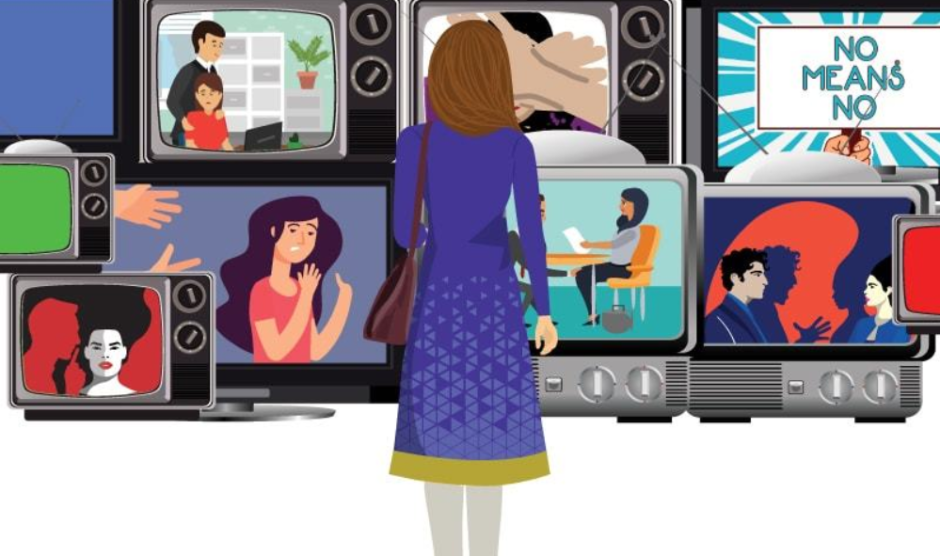The rise of social media in Pakistan has made communication and escalation of any matter or propaganda very fast. Social media has also provided easy communication for rural and other neglected regions. However, it has also brought a steep rise in online harassment.
A recently released report by Digital Rights Foundation, a non-profit organization in Pakistan emphasized on Digital freedom, has highlighted some eye-opening statistics regarding harassment faced by women online. These statistics highlight a recent trend that has been taking place in the country. The data provided was taken from the department of
“Cyber harassment helpline” for the past two years, from December 2016 to November 2018. A total of 2,781 complaints were received from the toll-free helpline (0800-39393).
The report states that a large number of complaints were related to Facebook and WhatsApp. Out of these complaints, a total of 660 were related to Facebook while 220 complaints were related to WhatsApp. According to the report, the major reasons for reaching out to a helpline were mainly blackmailing, hacking of personal accounts, abusive use of information and/or defamation by the harasser. A break-down of the data further revealed that:
- 57% calls were from Punjab
- 18% calls from Sindh
- 5% calls from KPK
- 5% calls from Islamabad
- 2% calls from Baluchistan
- 1% calls Azad Jammu and Kashmir and Federally Administered Tribal Areas
Surprisingly, the helpline saw a steep rise in the complaints related to WhatsApp from 2.9% to 9.5% in the last six months. To be more specific, a rise in phishing calls in the past two months was the major factor for this steep rise. Through these phishing calls, hackers acted as representatives from credible organizations like game shows or government agencies in order to compromise user’s account. Another way that hackers use involves deception to acquire the WhatsApp code of the mobile user, the code then subsequently leads to the hacking of that user’s WhatsApp account.
The report further stated that 59% of calls were made by women while 41% of the calls were made by men. Interestingly, out of the 41% calls made by men, several of them were complaining on behalf of women. These findings indicate that the FIA cyber-crime wings need improvements, while the government has increased funding for the NR3C a lot of hard work is still required to stop the exponential growth of cyber-crimes in Pakistan.











